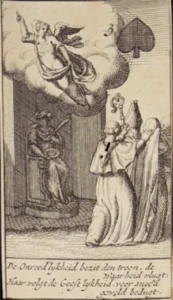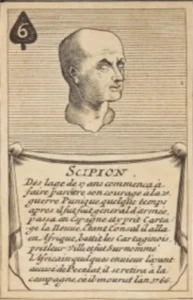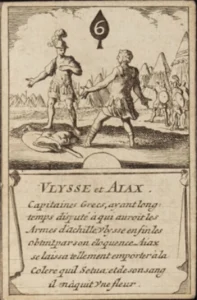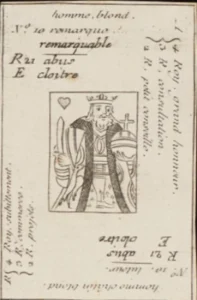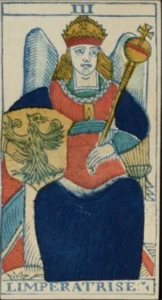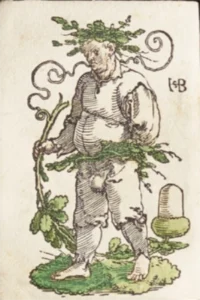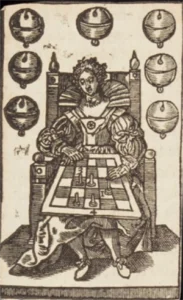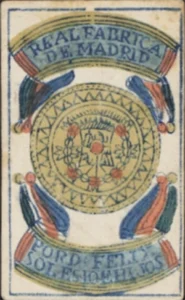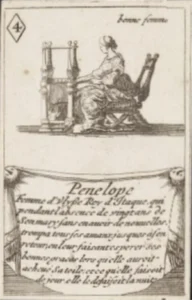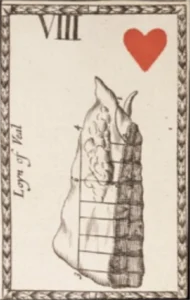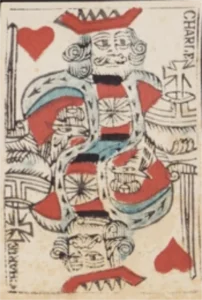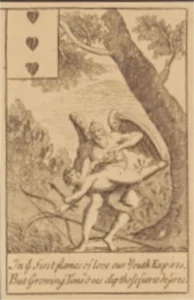EXHIBITION OF INTERESTING ITEMS FROM THE FRANCIS DOUCE COLLECTION
SELECTED BY PETER BURNETT
Francis Douce
(1757-1834) was educated to be a merchant and a lawyer, but is best known for his literary and antiquarian pursuits, and as a great book collector.Digital Bodleian
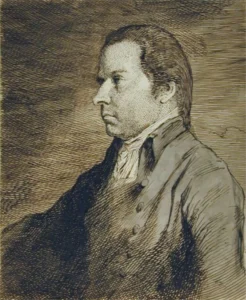
PETER graduated in Russian and East European Studies from Birmingham University in 1969. He researched and collected cards in the early 1970s. Following his retirement from the Bodleian Library in Dec. 2007 he took up a new role as Head of Library Development at the International Network for the Availability of Scientific Publications (INASP) Since 2019 he has been working part-time in the Bodleian Library where he completed the online cataloguing of the Douce playing cards and is currently processing the bequest of the late Donald Welsh, founder of the English Playing Card Society
He has been the IPCS's 'man on the ground' for this convention.

The exhibition will display up to 50 full or partial packs from England, Germany, France and other European countries dating from1523 to 1800. Highlights include sixteenth century German packs by Thomas Murner, Virgil Solis, Erhard Schön, Peter Flötner, and Hans Sebald Beham; seventeenth century heraldic playing cards; eighteenth century English packs by John Lenthall; French fortune-telling cards, transformation packs, Tarots, and many others.
Peter Burnett
The Exhibition will be held in the Bahari Room of the Bodleian Weston Library on Friday 12th September.
Up to 50 packs will be displayed from the collection of Francis Douce (1757-1834).
Douce was the Keeper of Manuscripts at the British Museum (1807-1811). His large library of manuscripts and printed books had particular strengths in English literature, especially Shakespeare, illuminated Books of Hours and French romances.
He bequeathed all his manuscripts, printed books, coins and prints to the Bodleian Library. Playing cards were an exceptionally small part of the bequest which “consisted of over 19,000 volumes of printed books (including 479 incunabula), 420 medieval or 16th century manuscripts, 27,000 prints, 1,500 drawings, and a hoard of medals and coins (which were relocated to the Ashmolean Museum, also in Oxford)”.
“Douce collected tarot and other playing cards also because he perceived their importance in the history of illustration and printing.
His collection of cards was not large, but it was distinctive enough to provide rare illustrations for two of his friends’ publications on the subject: Joseph Strutt’s Sports and Pastimes of the People of England (1801) and Samuel Weller Singer’s Researches into the History of Playing Cards (1816)”.
For Douce, playing cards linked up with many of his favourite subjects such as the history of printing. His early German cards, engraved and wood-cut, reflect both this and his researches into the history of illustration. Although the collection of cards is not large, it ranges extensively, including Indian cards painted on ivory [not exhibited], Chinese cards, [not exhibited], and cards from most Western European countries
